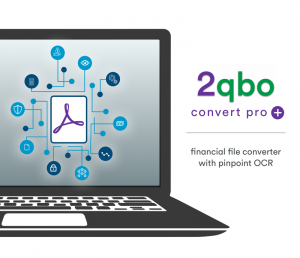If you are a small business owner it is a safe bet that at some point in the life of your business you are going to require a loan. However, a newer trend that often takes the place of a loan for small businesses is merchant cash advances.
So what exactly is a merchant cash advance? A merchant cash advance has historically been for businesses whose revenue comes primarily from credit and debit card sales, such as restaurants or retail shops. Now, merchant cash advances are available to other businesses that don’t rely heavily on credit card or debit card sales. Merchant cash advance providers say their financing product is not technically a loan. A merchant cash advance provider gives you an upfront sum of cash in exchange for a slice of your future sales.
There are several reasons that small business owners opt for merchant cash advances as opposed to a traditional small business loan. The Rules of Thumb blog from MoneyThumb has listed a few of those reasons below:
- You'll Receive A Lump Sum of Cash Very Quickly. ...
- You Don't Need Impeccable Credit. ...
- There's No Set Payment Amount. ...
- Use the Money However You'd Like. ...
- You Aren't Risking Your Assets or Credit Rating.
A couple of even more detailed reasons for choosing a merchant cash advance over a traditional loan for your small business are listed below:
- High approval rate – When we compare the approval rates of the MCA and of the regular commercial bank loans, it instantly becomes obvious that the MCA has the highest approval rate. In fact, the advances are rarely denied, as negotiations are normally started when some problems are noticed.
- You won’t lose your home. Merchant cash advances, (MCAs) are unsecured, so you don’t need collateral. This means you don’t have to forfeit any personal or business assets if your sales plunge and you fail to repay. However, the MCA provider may require a personal guarantee, which is a written agreement that makes you personally responsible for repaying the advance. If this is the case, the MCA provider may still try to recoup any losses.
- When sales are down, your payment may be too. When the repayment schedule is based on a fixed percentage of your sales, repayments adjust based on how well your business is doing.
As you can see from the information above, a merchant cash advance has its advantages. However, there are times when it will be a better idea to choose a traditional loan rather than opting for a merchant cash advance for your small business. In this previous Rules of Thumb blog post, Merchant Cash Advance vs. Business Loan: Which is Better? we did a major comparison of the two, but for your reading convenience, we have listed below a few reasons to decide on a traditional loan rather than going for a merchant cash advance:
- Since the interest rate is much higher for an MCA if you have good credit a traditional loan may be preferable.
- Your business is already established and profitable.
- You need a large amount of capital
- You want more stable repayment terms
In conclusion, there are times when an MCA, (Merchant Cash Advance) will be a more appealing choice for your small business than a traditional loan. Quick cash without a long application process, one that does not take your credit too much into consideration with repayment terms strictly based on your sales. This kind of cash infusion can be a great boon to your business by helping you get through a rough patch.





















Add comment